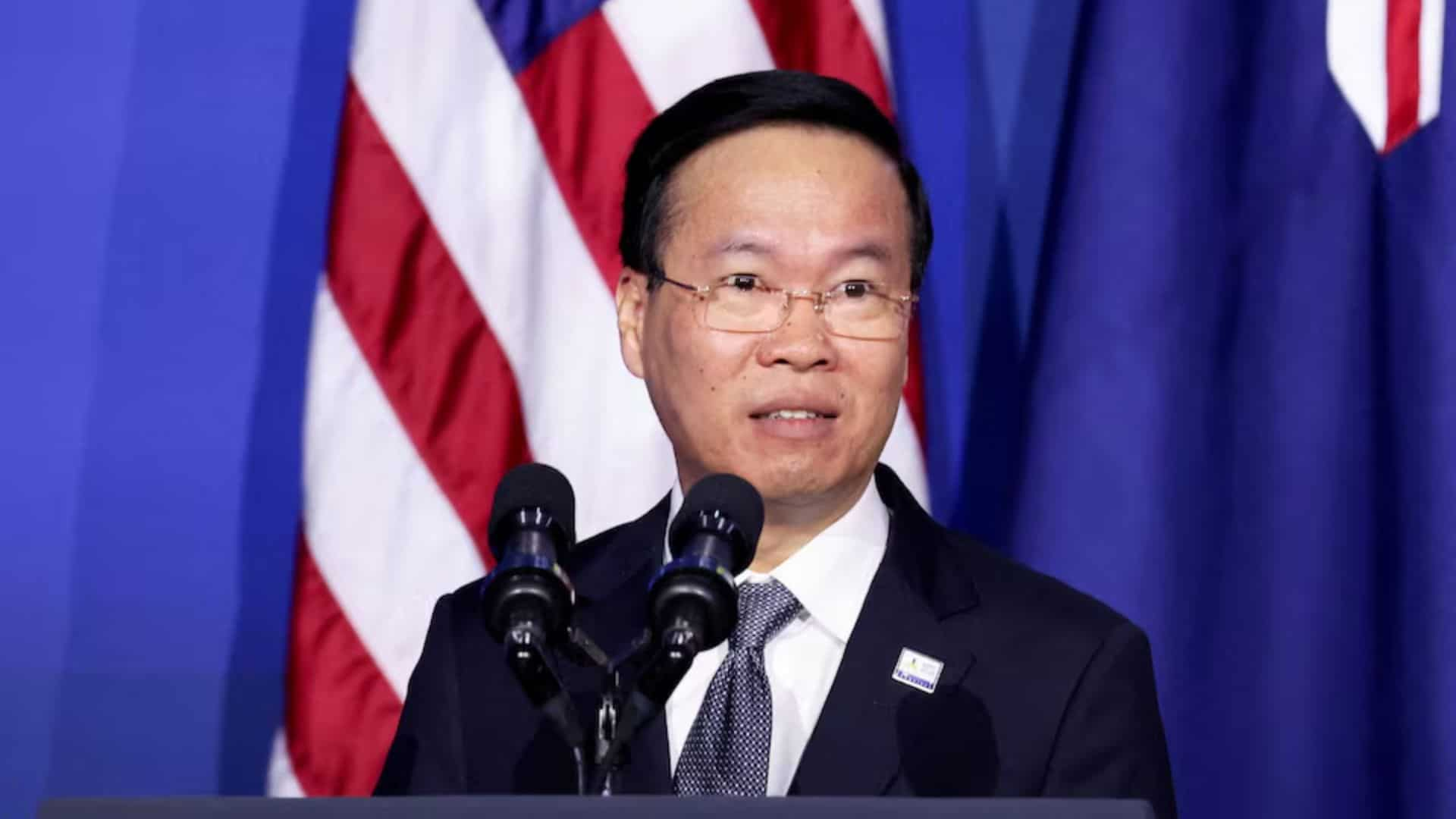The Vietnamese Communist Party officially accepted the resignation of President Vo Van Thuong, citing violations of party rules. This development has raised concerns about political stability and its potential impact on foreign investors’ trust in the nation.
Central Party Committee’s Decision
The Central Party Committee, a key decision-making body within Vietnam’s Communist Party administration, endorsed Thuong’s resignation approximately a year after his election. While the president’s role is largely ceremonial, it holds significant political weight as one of the nation’s top four positions.
Reasons for Resignation
Although the government statement did not specify Thuong’s transgressions, recent leadership changes in Vietnam have been linked to the “blazing furnace” anti-bribery campaign. This campaign, aimed at combating corruption, has raised concerns about its impact on decision-making processes in the country.
Political Dynamics
Thuong’s close association with General Secretary Nguyen Phu Trong, the driving force behind the anti-graft campaign, highlights the political dynamics at play. His resignation comes amid a period of political upheaval and concerns about foreign investment.
Implications
The sudden departure of Thuong has led to fluctuations in the Ho Chi Minh City stock exchange and raised apprehensions among foreign investors. While Vietnam’s fundamental stance on key policies is not expected to change significantly, repeated leadership changes may affect business sentiment and pose challenges for the country’s reliance on foreign investment.
Conclusion
The upcoming extraordinary session of Vietnam’s parliament is expected to affirm the party’s resolutions, shedding light on the future political landscape in the country.
















































